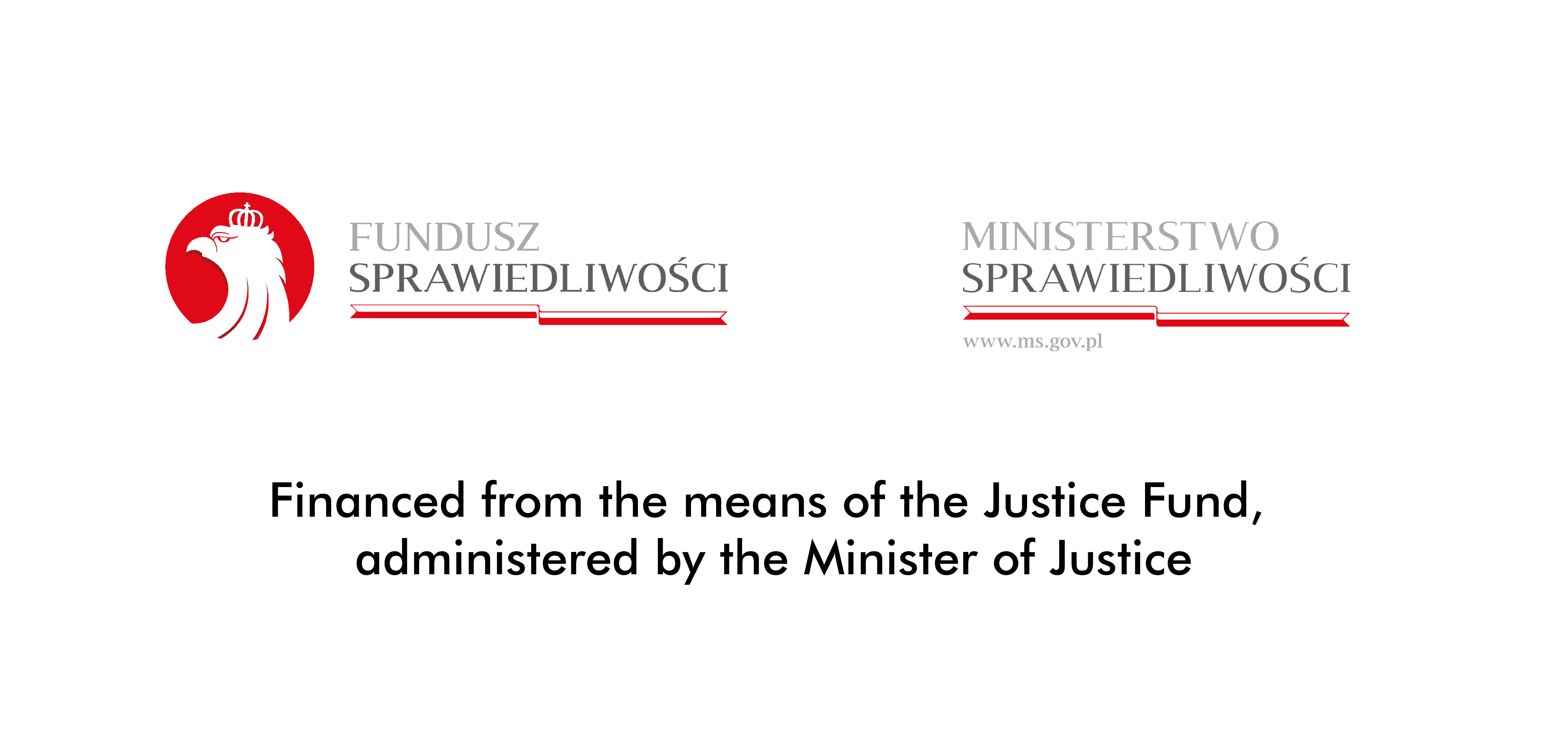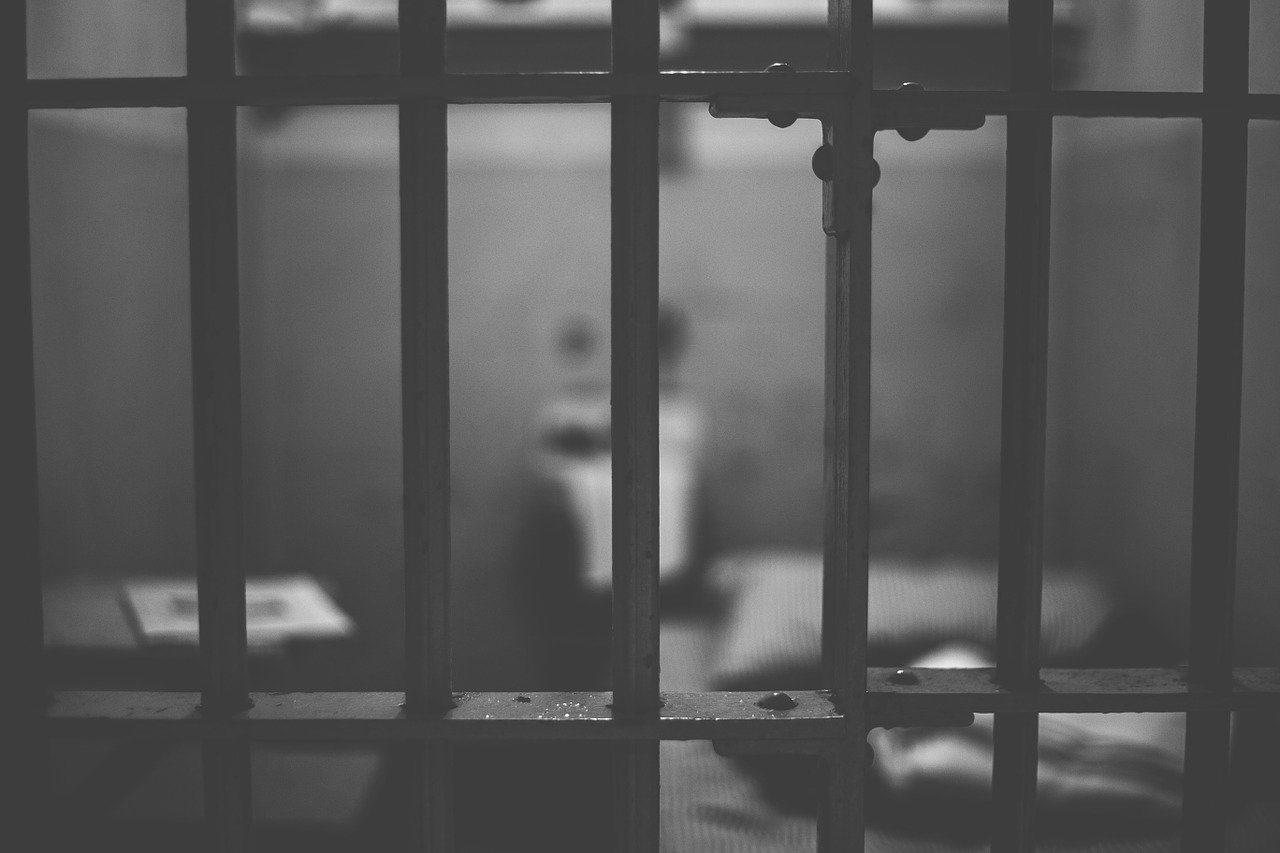The Minsk Disaccord: Between Moscow and Kiev

He used to act as a mediator between Russia and Ukraine. He supported Putin in conflicts with the West, but towards Kiev he maintained a neutral, often even sympathetic attitude. However, after February 24th, Lukashenko’s sham of a multi-vector policy was finally abandoned.
Maciej Pieczyński
When in Putin invaded Ukraine for the first time in 2014, he could not count on support from Minsk. Alexander Lukashenko has always been a dictator, brutally suppressing the opposition. He was also capable of threatening Western countries or orchestrating border crises. However, he has never been an advocate of imperial expansionism. He tried to maintain good relations with both Moscow and Kiev, even when Ukrainians chose a pro-Western course after successive revolutions. He was aware that Belarusians accept strong-arm rule and a rapprochement with Moscow (even the opposition expressed pro-Russian views in 2020), but as a nation that is not very belligerent and friendly to both Russians and Ukrainians, they do not support a war between them.
Although Lukashenko feels more like a Russian or a Soviet man than a Belarusian (he claims that a Belarusian is a Russian with a mark of quality), he prefers to be the dictator of a partially independent country than the governor of one of Russia’s regions. That’s why he has long resisted deepening the integration of the Union State, balancing Moscow’s influence with a flirtation with the European Union. Therefore, seeing Putin’s imperial ambitions, he must have feared that Belarus would one day share the fate of Crimea.
For these reasons, at the very beginning of the conflict (in its hybrid phase) Lukashenko did everything he could to avoid escalation. Alternatively, so that, should the West decide to punish Putin, Belarus would not get its head bashed in the process. He skillfully stepped into the role of a mediator. As is well known, he hosted the peace talks – the Trilateral Contact Group (Ukraine, Russia, OSCE plus separatists) or the Normandy Four (Ukraine, Russia, Germany, France). The Minsk agreements were never implemented. But at least the Russians and Ukrainians argued more often over violations of the Minsk agreements than they fired at each other. The conflict was partially suspended. Lukashenko did not recognize the annexation of Crimea, nor did he support the separatists despite Putin’s pressure. He even proposed sending a Belarusian peacekeeping mission to Donbass.
In the fall of 2019, a few months after his electoral victory, Zelensky hosted Lukashenko in Zhytomyr, within the framework of the Forum of Regions of Ukraine. The talks focused on cooperation between Kiev and Minsk. Both sides pledged to intensify economic cooperation. During the joint speech, the two presidents had an amusing exchange of words, showing, by the way, their geopolitical beliefs: “Here, Volodymyr Oleksandrovych, there are a lot of journalists, they will surely now interpret our joint statement in such a way, as if we were doing something against Russia or China, but it’s not so…,” at this point he was interrupted by Zelensky with the words: “Please don’t be ashamed of this,” and after a moment added: “I’m joking!”. “I will not pull you by the tongue. I am not ashamed. But don’t think that only those over there (Russia and China – ed.) will pressure us. But also there, in the West, they will not take it (Minsk-Kiev cooperation) very well.” – commented, laughing, Lukashenko. Then, on a more serious note, he went on to convince journalists that he and Zelensky are “good people” who don’t want to fight with anyone, they just want to be friends with everyone. He stressed that Ukraine and Belarus are transit countries for both the West and Russia, but that they also have their own interests. “We should not crawl on our knees before anyone!” – he declared. Later, however, he was significantly mistaken when he spoke of a “forum of Russia’s regions.” When Zelensky interrupted him and corrected that he meant Ukraine, not Russia, Lukashenko turned the situation into a joke: “Oh, and now I’m scared that I called you Vladimir Vladimirovich.” “Praise God, no”. – Zelensky whined. The exchange resembled more of a cabaret skit than a conversation between the two presidents. At the time, it seemed that they were united not only by a sense of humor or similarity of characters, but also by common interests. Zelensky wanted to live well with everyone. Lukashenko, as usual, posed a multi-vector policy, open not only to Moscow, but also to other capitals. At the same time, Ukraine really has always occupied an important place in Belarusian foreign policy. This was the first, but also the last meeting between Zelensky and Lukashenko.
A flashpoint
Ukrainian-Belarusian relations began to deteriorate in August 2020. The flashpoint was the case of Russian mercenaries from the Wagner Group. They were detained by the Belarusian secret service in Minsk. Lukashenko announced that the Wagnerians were trying to overthrow him. However, it turned out that Minsk was just a stop on the way to Istanbul, where the mercenaries had been tricked by the Security Service of Ukraine (SBU). On the way, the plane was to make an emergency landing in Ukraine, where the mercenaries responsible for war crimes would be apprehended. Lukashenko learned of the plot and decided to exploit it politically. By detaining the Russian mercenaries, he demonstrated his supposed independence from Moscow. Ukrainians appealed for him to hand over the detainees. However, Lukashenko quietly handed them over to Moscow, to whose favor he was doomed in the face of the “white-red-white revolution” and the sanctions policy of the West.
At the beginning of the “white-red-white” revolution, Ukraine did not criticize Lukashenko as harshly as, for example, Poland or Lithuania. This changed, however, when the Putin-influenced dictator began to ramp up anti-Ukrainian rhetoric and accuse Kiev of subversive activities on Belarusian territory. The Ukrainian authorities first summoned the Belarusian ambassador. Then they suspended diplomatic relations with Belarus, declared that they would not recognize Lukashenko as president, and finally – joined the EU sanctions.
The exceptionally brutal response to the exceptionally massive protests against the exceptionally ostentatious election rigging proved to be a turning point not only for the internal, but also for the external situation of Belarus. The West no longer wanted to talk to Lukashenko, and the latter survived largely thanks to the help of Kremlin, becoming its puppet. Multi-vector politics were a thing of the past. And Kiev began to seriously fear a Russian invasion from Belarusian territory. Ukraine had already strengthened its northern border. The crisis in mutual relations was progressing. Ukraine introduced a high duty on bus and truck imports from Belarus. In Lukashenko’s progressive conflict with the West, Zelensky sided with the West. After Belarusian services hijacked a plane with oppositionist Roman Protasevich on board in the spring of 2021, Ukraine halted all air links with Belarus. This was a severe blow. After 2015, when direct flights between Ukraine and Russia were eliminated, it was possible to fly between the conflicted countries via Minsk. Now, even logistically, Belarus ceased to be an intermediary on the Moscow-Kiev line.
At the same time, Zelensky’s team has not actively supported the anti-Lukashenko opposition. The Ukrainian president has so far not once met with Tsikhanouskaya. Not even after February 24th. Such a meeting could improve relations between Ukrainians and Belarusians. For the former often blame the aggression not only on the regime, but also on Belarusian society in general. A meeting between the face of the opposition and the Ukrainian president could also drive a wedge between Lukashenko and Belarusians, most of whom, even if they support the government, do not share Russian Ukrainianophobia.
Into Putin’s claws
After the West backed Tsikhanouskaya, Russian propaganda, which in the past harshly criticized Lukashenko for flirting with the West, triumphed and maliciously lectured Lukashenko that “this is how multi-vector politics come to an end.” And during the border conflict with Poland, it had already almost unequivocally sided with Minsk. However, when Dmitry Kiselyov or Vladimir Solovyov interviewed Lukashenko, they not only allowed him to lament the Poles and the West, but also tried to force him to recognize the Russianness of Crimea and support deepening integration with Russia. And Lukashenko, in his usual manner, was keying, changing the subject and flattering the propagandists, as long as he did not answer the question.
Belarus is a de jure aggressor state, but it can still become one de facto. Lukashenko has made territory available for aggression, but probably refused to send his troops to the front. Minsk’s official position after February 24th can be summarized roughly as follows: “Russia is right, because it is necessary to liberate Ukraine from Nazism, but our soldiers will never go to war. Our role is to guard the western borders of the Union State, to cover Russia’s rear.” Seeing that Putin is getting his way, Lukashenko is all the more reluctant to follow in his footsteps.
Belarusians do not want to die in a war that is not theirs. A potential wave of desertions or refusal to follow orders in the Belarusian army sent to the front could lead to another revolution. Lukashenko, however, is yielding more and more to Putin, because his power (and life – such threats from the Kremlin have already reportedly resounded) will sooner be taken from him by Russian services than by the opposition. He is yielding gradually, however, because he knows that a committed Russia in Ukraine will only risk additional problems with a power swap in Minsk as a last resort. He has announced a “mobilization capacity check” (typical of Lukashenko – neither mobilization nor de-mobilization). He agreed to increase the presence of the Russian army in Belarus within the framework of the Russian-Belarusian Regional Military Grouping. Officially – because of the alleged threat from the West.
This article was published in October 2022 in “Do Rzeczy” weekly.




